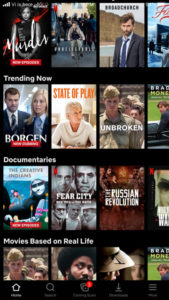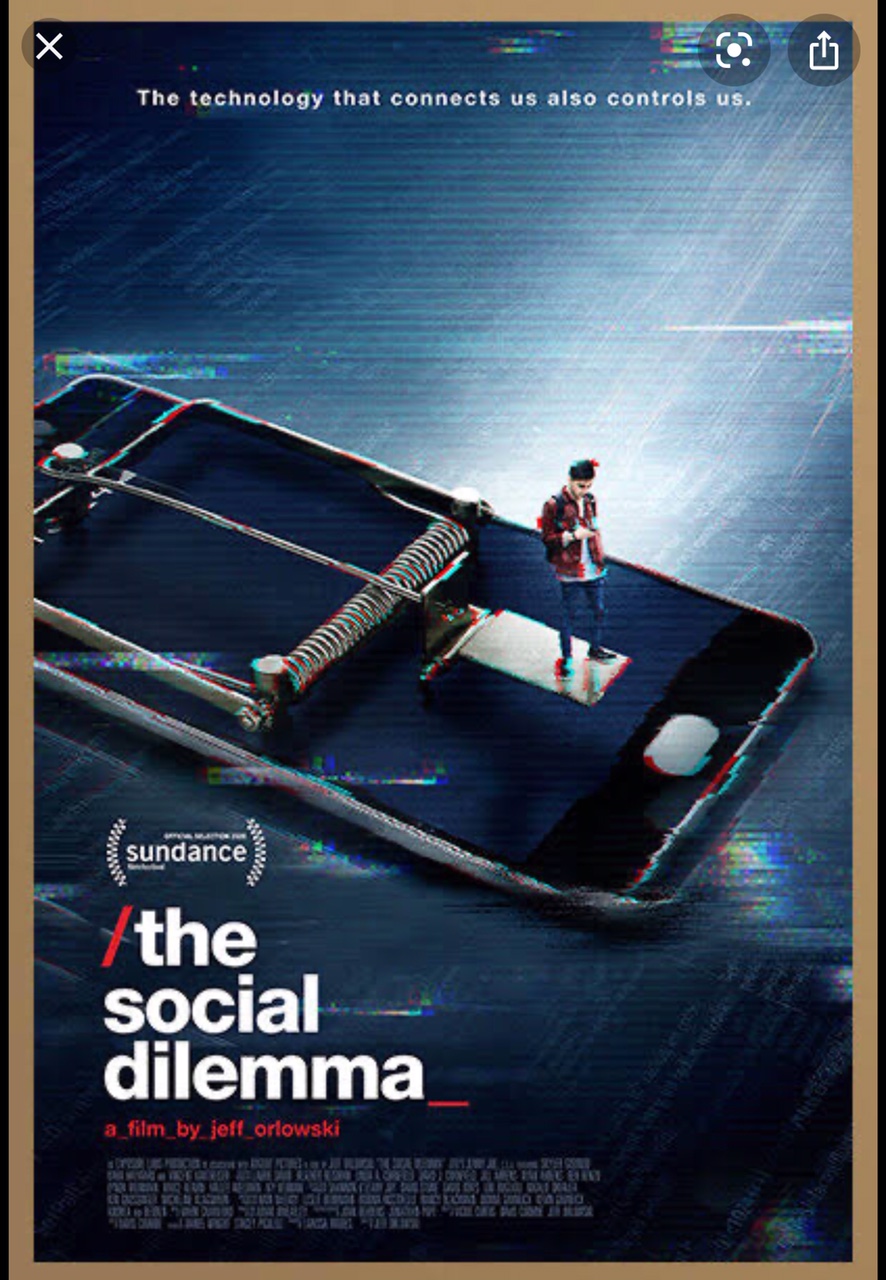The curated content on various OTT platforms like Netflix will take decades to watch. The burden of choice is daunting
Netflix came out with a documentary—The Social Dilemma—that highlights how various social networking sites manipulate we the human psychologically—are nothing more than merely a ‘products’—to further the business interests of their clients—the advertisers.
Or simply, nothing is for free, in fact, the viewers pay a big price of being manipulated to behave in a predetermined way that would earn these companies billions of dollars from the advertisers. It’s no surprise, therefore, that social networking companies are the richest in the world.
The social networking site by creating a pseudo entity of the users, by recording their actions, choices they make, interests, hobbies, views, affiliations, and afflictions. The longer one stays online, the clearer the picture gets—almost like a notional clone who makes similar choices as you do.
Thanks to various algorithms that work round the clock to sort of deconstructing each of the users, understand them, and make their future choices fairly predictable. This understanding is used to provide what the users need and connect them to corporate entities that are best suited to meet their needs and in this way foster businesses.
And one cannot escape the feeling that we are nothing but mere puppets. There are forces that control what we see, in what context we see what we see, even are instrumental in shaping our worldview. These unseen forces are so powerful that even though we know how it works, we cannot prevent ourselves from being swayed by it.
With nearly a quarter of humanity, subscribing to OTT can change the outcome of elections and referendums. Therefore, it is instrumental in shaping the future.

The first step is to deal with it is to be aware of the consequences. Having said that, there have to be some merits in sort of creating a notional world that suits our whims and fancies.
The Internet and the various OTT platforms like Netflix are an ocean of contents. Just to give you an idea, Netflix alone, till March this year, 2.2 million minutes of curated content with a combined library of over 50,000 titles—it would take four years to see everything that Netflix has to offer.
And every day, more and more content is added. And remember, Netflix is just one of the 40 OTT platforms available in India; Amazon Prime Video, Disney+Hotstar, Voot and Zee5 are the other big players.
So there is enough content available at this moment that will consume a lifetime to watch. And are of all possible genres, suited to various age groups, fiction and non-fiction, historical and social. Some of the series have been watched by millions of people like Friends or Modern Family—and have become integral to the larger cultural milieu.
It is but natural to get lost in this plethora of choices, where a lot is available for everyone—more than they can ever consume. It’s like a wardrobe full of clothes, so many clothes that one will never get to wear all of them, and when one has to pick a dress, will have to deal with the choice overload. Many take hours to decide as to what to wear for a party in the evening and find the whole process stressful and exhausting.
Overchoice or choice overload is now recognised as a cognitive impairment causing difficulty in making a decision when faced with many options. “A body of research has emerged suggesting our evolutionary drive to maximise choice combined with the abundance of choices available to us is wreaking intrapsychic havoc on our well-being. This problem appears to be multi-layered.
“First, we are constantly bombarded with options and choices we believe will make us happier at every turn, and then after we make a decision, we are told that better choices exist,” writes Fred Muench, a renowned clinical psychologist in his article titled The Burden of Choice for Psychology Today.
Some are not so lucky, they won’t be persuaded. Monica G, 27, is a filmmaker from Belgium who lived in Delhi before the lockdown. Her idea of spending Friday evening was to watch a good movie on Netflix. But to find ‘a’ good movie was a daunting task for there are many good movies available.
So she would spend an hour finding a movie of her choice—and end up watching a couple of movies for ten minutes or so before discarding them. Sometimes when she is with friends, this indecisiveness is very embarrassing. But she won’t let others make her choices.
The evening would end rather unceremoniously, she would have had a couple of drinks extra, and leave the room in exasperation of having not been able found a movie of her choice, ruining Friday evening. She even lashed out at a friend who tried to explain, “Something is better than nothing”.
We all have a Monica like friend in our circle. And it happens to all of us in some measure, when choosing something new to watch on an OTT site. And to an extent, algorithms come to our rescue by highlighting content that may interest us depending on the choices we made in the past. Algorithms in this sense act like a middleman that guides us to a certain section of this unending cosmos of choices where one is more likely to find something of his or her liking.
It has to be said: all this plethora of choices is overwhelming, and ignorance, some may argue, is bliss. People are never alone– and that makes many lonely.




